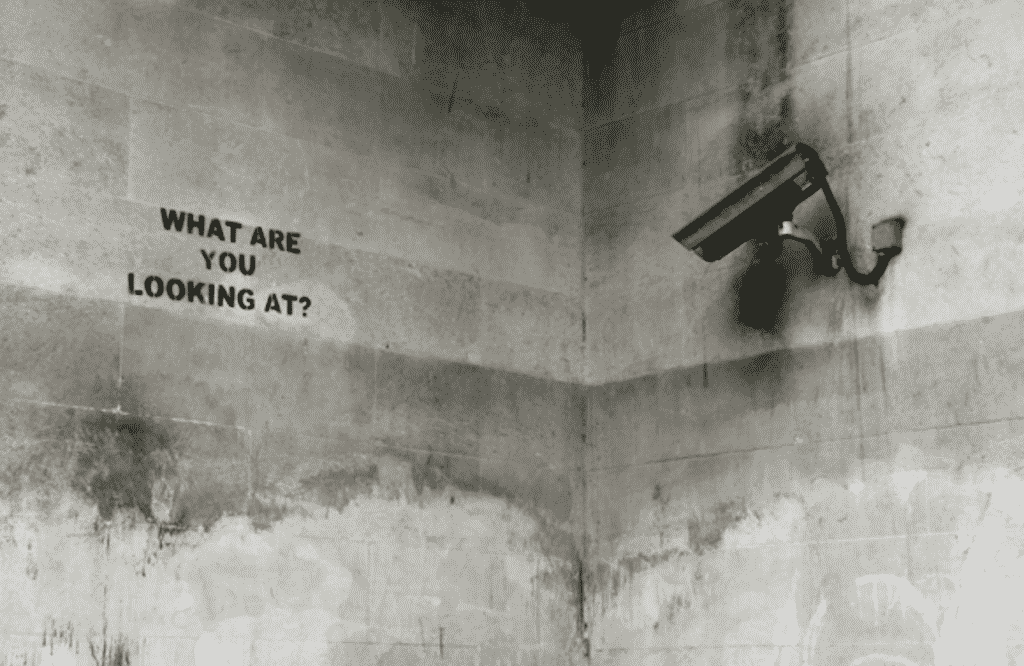These days you can barely turn a corner without looking into a close circuit camera or CCTV as they’re commonly called. Whether it’s for business or residential use, CCTV installations have never been more popular.
Even with CCTV camera installation in so much demand these days, there’s still a lot of information about how they work that might still be unclear to the novice user. We’ve got all the inside information you need, right here.
Answers to Some of the Most Common FAQ about CCTV Installation
Question 1: Do CCTV Cameras Record All The Time?
Many large organisations require that CCTV cameras record and archive images continuously for 90 days. This is in case something that looks ordinary to a business owner, like a person walking past, may turn out to be valuable information for a case of robbery in a next-door building. Some cameras can be set up to start recording during events, like being prompted by motion detection.
Question 2: How Far Can a Security Camera See?
Generally, a home CCTV camera can see and record a range of 0 to 70 feet. This depends on the resolution, quality of the sensor, and lens. There are cameras with a higher resolution that can see distances varying from 0 to 700 feet.
Question 3: Can CCTV Cameras Record in the Dark?
If you’re asking this question to establish if your cameras will record your front yard when the lights are off, the answer is no. For CCTV cameras to see and record in the dark, they need to be installed with infrared lights. This will ensure that quality, useable images are captured.
If you have limited lighting where the cameras are being installed, discuss available options with your installer. You might have to install a few lights in the area as well.
Question 4: How do I Know if a CCTV Camera has Night Vision?
Infrared IP security cameras have small red lights around the lens. This is a quick way to tell if the security camera is on and if it has night vision. Cameras without night vision might render a blurry image if any at all. Where possible, get infrared cameras. This will give you clear images for the police to use in event of an incident.
Question 5: What’s the Difference Between IP and Camera and CCTV?
CCTV cameras work on a video signal and can be viewed on a television or computer monitor. IP cameras convert the video signal to IP packets. These are then transmitted over data networks to a storage device such as a server. The footage is also stored on the camera.
Question 6: How Many Types of CCTV Cameras are Available?
There are many different types of CCTV cameras available on the security market. The one you end up selecting will depend on your budget and the area that needs protecting.
Some of these include the following:
- Dome CCTV Cameras
- Bullet CCTV Cameras
- C-Mount CCTV Cameras
- PTZ Pan Tilt & Zoom Cameras
- Day/Night CCTV Cameras
- Infrared/night vision CCTV Cameras
- Network/IP CCTV Cameras
- Wireless CCTV Cameras
- High Definition CCTV Cameras
Question 7: What Do I Need to Know Before Getting CCTV cameras?
When you’re considering installing cameras at your home or office, there are a few questions the potential installer will ask you.
These include:
- Where will the cameras be installed? Indoors or outdoors?
- Do you require day and night surveillance?
- How many lights are in the area? Would day and night cameras be a better option?
- What is your budget?
Question 8: What is the Difference Between a Day and Night Camera?
Day and night cameras can provide video surveillance even at low light levels. A full colour image is displayed during daytime and a black and white image during the night or when light is poor. These cameras have a built-in device that switches the camera between these two modes.
Question 9: Is a CCTV Camera System Better Than an Alarm?
This depends largely on your own personal choice. It would be ideal if you could have both because the more security, the better. Bear in mind, both are excellent home security systems. If you had to choose one above the other, always remember the right type of security camera can record the events taking place outside your premises. This can be used as evidence in a police case.
Question 10: How does Home CCTV Work?
Generally, a home CCTV camera system consists of a camera, lens, monitor and recorder. The cameras pick up the images and this information is then transmitted to the monitor and recording device. You’re then able to view this information. You’ll also be able to produce a copy to be used as evidence should that become necessary.
Conclusion
When it comes to selecting the right CCTV camera for your home or business, the best approach is to list all the questions and queries you have. The CCTV installation contractor will be able to answer the questions you have and advise on the best course of action to protect your assets and set your mind at ease.
